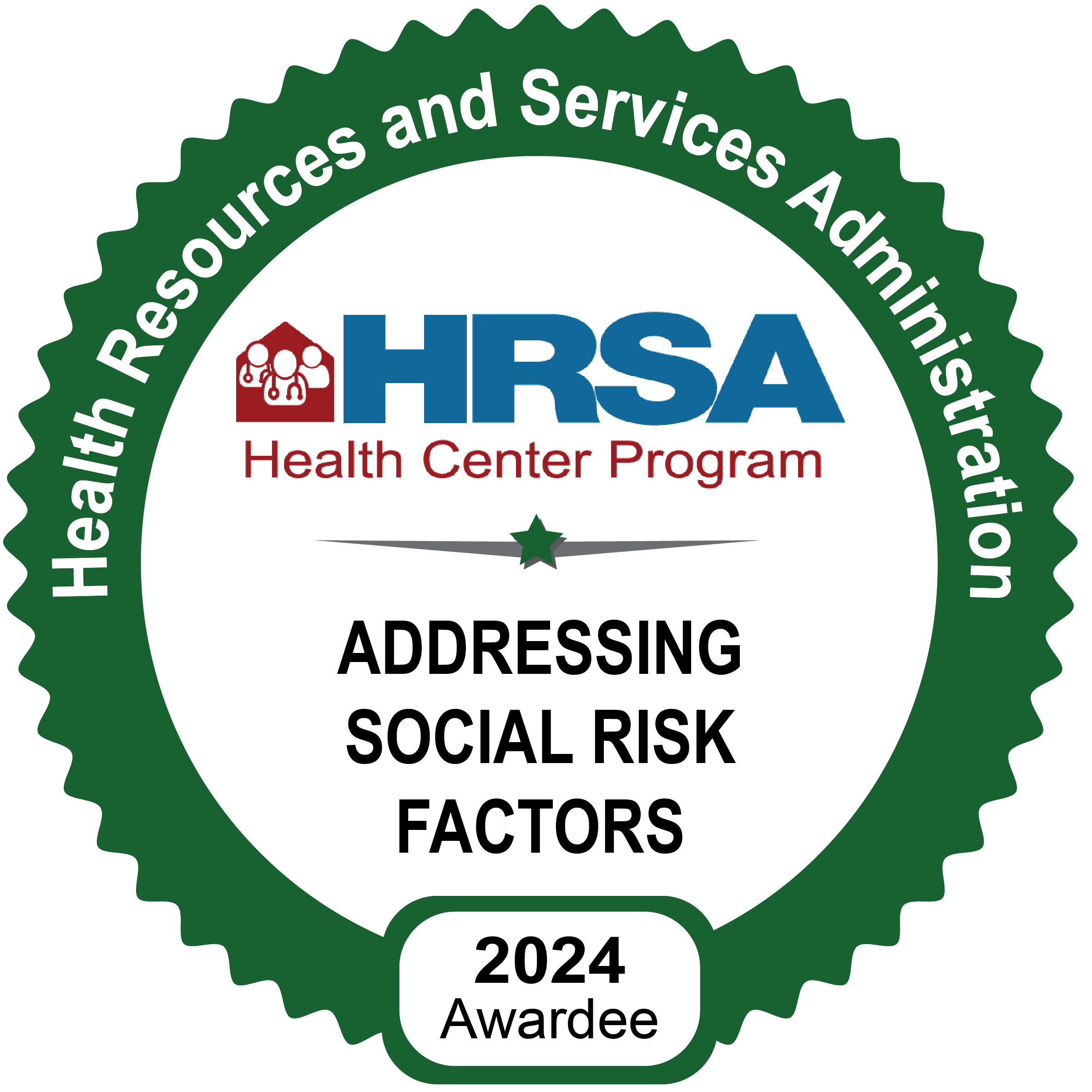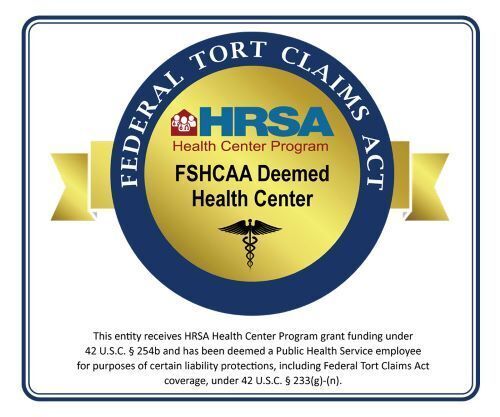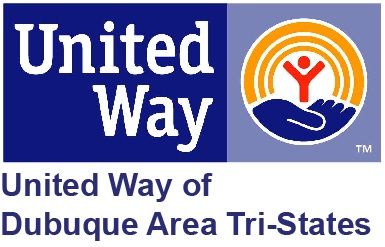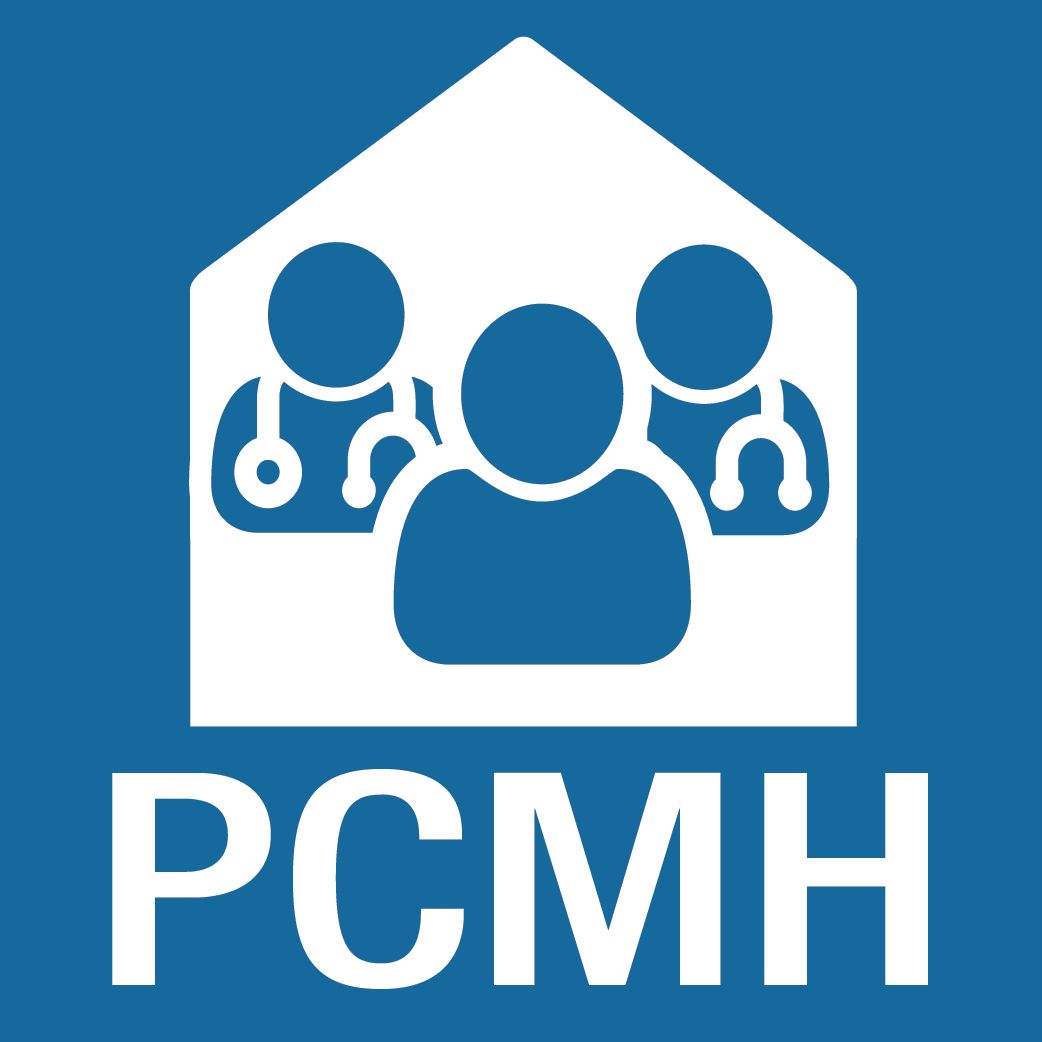Community Health Needs Assessment and Health Improvement Plan
The Community Health Needs Assessment and Health Improvement Plan (CHNA&HIP) is an assessment of local health needs and report identifying goals and strategies to meet those needs. Every three to five years, local health boards, in partnership with health care providers and community partners, lead a community-wide discussion with residents, business owners, and community stakeholders regarding the public health issues of the community. This process, and the resulting CHNA&HIP report, is required by the Iowa Department of Public Health to receive funding from the State to fulfill the duties of the Dubuque County Board of Health. Hospitals and community health centers are also required to complete a CHNA&HIP. The Community Health Needs Assessment and Health Improvement Plan (CHNA&HIP) Steering Committee consisted of representatives from:
- Dubuque County Health Department-Patrice Lambert
- City of Dubuque Health Services Department-Mary Rose Corrigan
- City of Dubuque Planning Services- Travis Schrobilgen
- Visiting Nurse Association-Stacey Killian
- Crescent Community Health Center-Angela Petsche
- UnityPoint Health Finley Hospital-Jon Wilkes
- Mercy Medical Center-Joe Norris and Matt Daughenbaugh
Four task forces addressed the focus areas of:
Healthy Behaviors and Lifestyles
Brief description of need:
42% of Dubuque County adults are overweight.
24% of Dubuque County adults are physically inactive.
28% of driving deaths involved alcohol impairment.
31.5% age-adjusted estimated adult excessive drinking compared to the Iowa average of 21.4%.
16 total opioid deaths in 2016 in Dubuque County.
15% increase in methamphetamine treatment admissions in Dubuque from 2013-2017. (SASC)
Disease Infection Control
Brief description of need:
70 known positive diagnoses for HIV with an estimated 14% still undiagnosed.
Sexually Transmitted Diseases continue to rise in Iowa.
Chlamydia rates statewide rose from 416 in 2016 to 443.3 in 2017.
Gonorrhea rates have also rose from 83 in 2016 to 119.9 in 2017.
State of Iowa reports October 2017 to March 2018:
244 Influenza-associated mortalities all ages
5293 Influenza-associated hospitalizations
83 Influenza-associated Long-Term Care Outbreaks Investigated
8299 positive results for non-influenza respiratory virus
Healthcare Access
Brief description of need:
Lack of primary and specialty providers, access to care, access to primary care, elder care
resources, and access to dental and mental health services are continually a basis for concern in
our community.
Lack of information and data prevents us from evaluating services that we have in place and
services that are needed.
Environmental Health
Brief description of need:
Water quality---Drinking water and ground water, effects of substandard sewage systems, lack of
testing of rural sewage systems, and utilization of public sewage systems along with meeting or
exceeding and maintaining drinking water quality based on federal guidelines and requirements.
Healthy Neighborhoods---Healthy homes, principles of pesticides, soil health, illegal dumping of
refuse/hazardous material/waste, complete streets, and access to physical activity and alternative
forms of transportation.
An electronic survey was distributed to individuals, organizations, sectors and media release throughout Dubuque County to gather input on health needs and provide an opportunity for residents and business owners to share their experiences and insight into community health issues. More than 1300 people responded to the survey. Approximately 63 individuals representing more than 25 organizations participated in identifying strengths, assets, needs, weaknesses, goals, action steps, review and comments.











